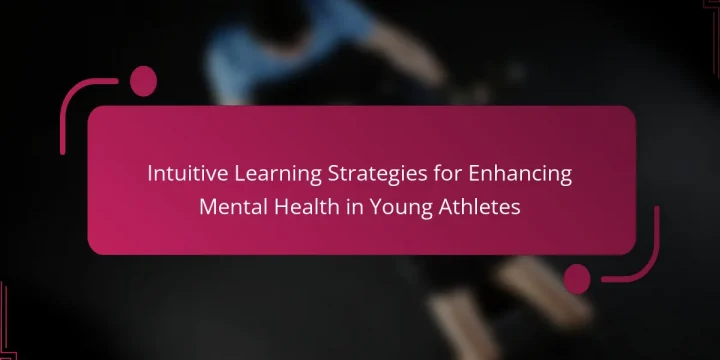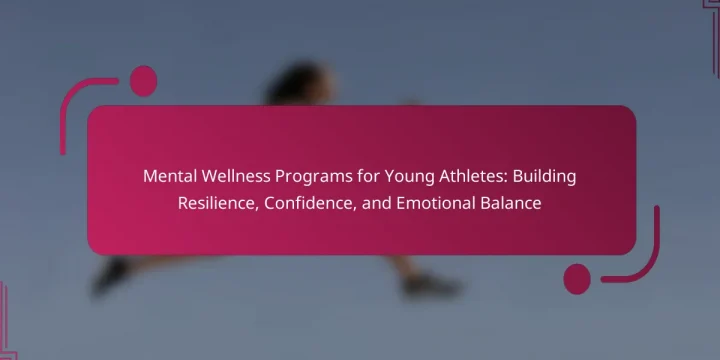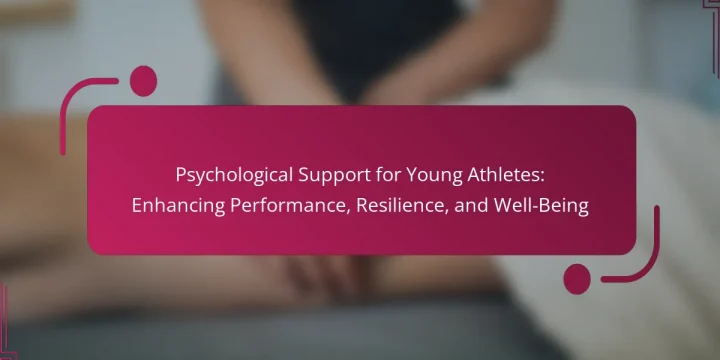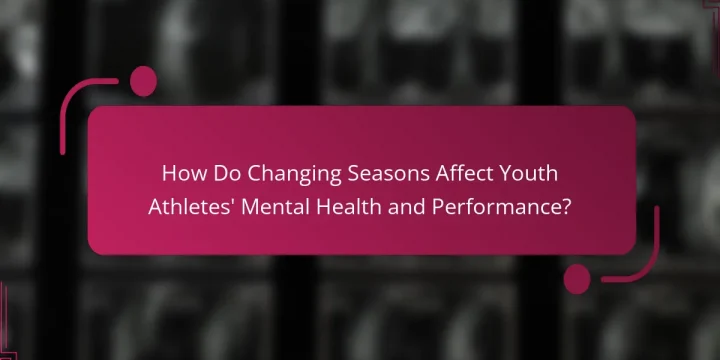
Moral questions in youth sports significantly impact young athletes' mental health and performance. This article explores the unique pressures they face, the influence of parental expectations, and the importance of fostering a supportive environment. It emphasizes strategies for prioritising mental well-being, including open communication and skill development over winning. Understanding these factors is essential for promoting emotional resilience and enjoyment in youth sports. Moral Questions in Youth Sports? Moral questions in youth sports significantly impact mental health, performance anxiety, and the pressure young athletes face. These challenges can lead to stress and burnout, affecting their enjoyment and development. Research indicates that 70% of youth athletes experience anxiety related to competition. Coaches and parents must foster an environment that prioritises well-being over winning. This approach supports emotional resilience, encouraging athletes to…







